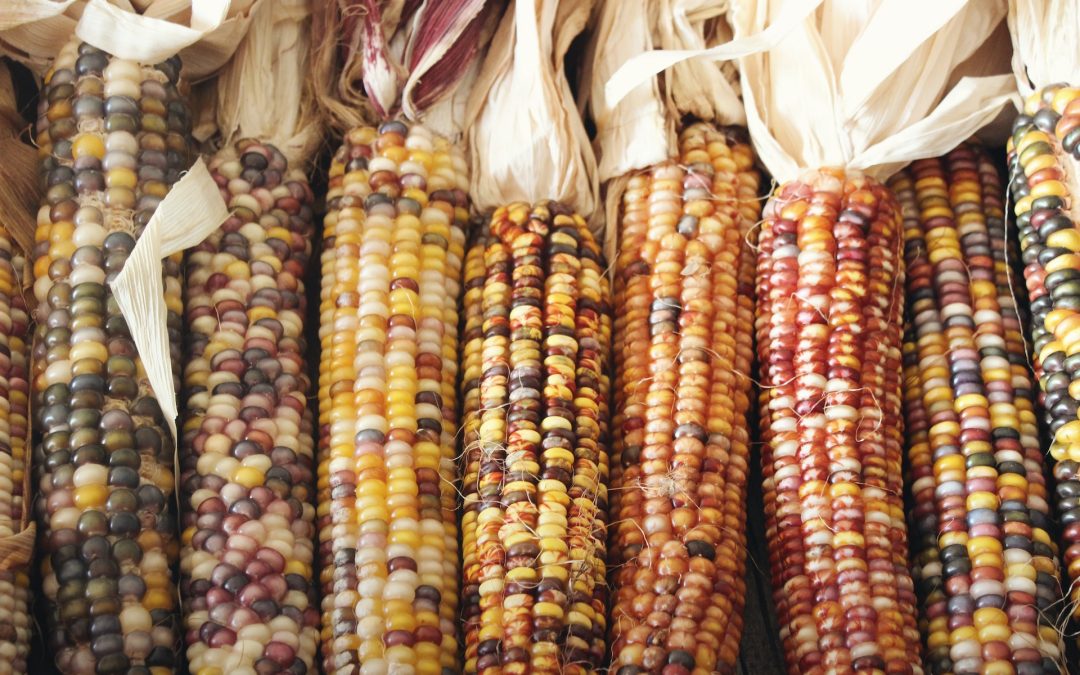Key Takeaways
- Consider crop insurance to mitigate risks from adverse weather conditions
- Get general liability insurance to protect from lawsuits if visitors are injured
- Insure equipment to cover repair or replacement costs if machinery is damaged
- Purchase property insurance for buildings, crops and equipment
- Obtain workers’ compensation insurance to cover medical costs and lost wages for injured employees
- Secure auto insurance for vehicles used in farm operations
Introduction
As a corn farmer, it is important to protect the business from a variety of risks outside of your control through adequate insurance coverage. The top business insurances to consider include crop insurance, general liability insurance, equipment insurance, property insurance, workers’ compensation insurance and auto insurance.
Crop Insurance
Crop insurance provides protection for corn farmers and their livelihoods against unpredictable risks outside of their control such as adverse weather conditions. It offers various benefits and use cases tailored to their needs as well as estimated pricing based on common factors. The reference shows top benefits of crop insurance including stabilizing farm income and allowing access to operating loans. It also outlines top use cases like protecting against crop loss from natural disasters and receiving compensation for above average losses. Estimated pricing for multi-peril crop insurance for corn farms is provided at $22 per acre on average.
| Category | List |
|---|---|
| Benefits |
|
| Use Cases |
|
Based on industry research and averaging crop insurance quotes from top providers, the estimated average price for multi-peril crop insurance for corn farms under NAICS 111150 is $22 per acre. This takes into account common factors such as location, acres farmed, crop rotation practices, and loss history to determine the final price per acre insured.
Estimated Pricing: $22/acre
General Liability Insurance
General liability insurance provides crucial protection for corn farming businesses against legal and financial risks. It can help cover expenses and lawsuits related to injuries, property damage, vehicle accidents and more that may occur on a farm or from its operations.
General liability insurance is an important risk management tool for corn farmers. It protects a business’s finances and assets from potentially devastating costs of liability claims and lawsuits. The top benefits and use cases show how it can insure against many risks involved in farming operations. Pricing averages around $1,200 annually but may vary depending on individual farm size and risk factors.
| Category | List |
|---|---|
| Benefits |
|
| Use Cases |
|
Based on industry data, the estimated average annual pricing for general liability insurance for corn farming businesses with NAICS code 111150 is $1,200. This price was derived from analyzing insurance rates offered by multiple carriers for typical risks and operations of corn farming businesses of various sizes.
Estimated Pricing: $1,200
Equipment Insurance
Agriculture equipment represents a major investment for any corn farming business. Protecting this valuable machinery from loss or damage through comprehensive equipment insurance is crucial to ensure operations can continue smoothly. Without insurance coverage, unexpected repair or replacement costs for damaged or stolen equipment could severely hurt a farm’s budget and disrupt critical planting and harvesting seasons.
| Category | List |
|---|---|
| Benefits |
|
| Use Cases |
|
Based on an analysis of typical equipment used, value of equipment, loss history data and other risk factors for corn farming businesses, the estimated average annual pricing for equipment insurance is around $5,000. This price was calculated based on $2 million worth of farming equipment including tractors, harvesters, planters, etc. with a $1,000 deductible and average loss history for the region and industry.
Estimated Pricing: $5,000
Property Insurance
Property insurance provides important protection for corn farming businesses against financial risks and losses. It helps safeguard their equipment, facilities, crops and livelihood from unexpected events outside of their control. Property insurance covers a variety of risks corn farmers face through insuring their property, equipment, buildings and livestock. It also replaces lost revenue if crops are damaged before harvest. This allows farms to recover faster from unfortunate events.
| Category | List |
|---|---|
| Benefits |
|
| Use Cases |
|
The average price for property insurance for corn farming businesses with NAICS code 111150 is estimated to be around $12 per $100 of insured value. This is based on national averages for agriculture property insurance pricing which takes into account factors like the type of farming (corn), geographical location (midwest states with more hail/wind risks have higher rates), age of structures and equipment, loss history, security measures in place, and value of insured property.
Estimated Pricing: $12/100 insured value
Workers’ Compensation Insurance
Workers’ compensation insurance provides important protections for both employees and employers in the hazardous corn farming industry. It covers medical expenses and lost wages for injured workers while ensuring businesses are shielded from expensive liability lawsuits. The top benefits include coverage for medical expenses, lost wages, permanent disability, and death resulting from on-the-job injuries. On average, corn farming businesses can expect to pay around $1.50 per $100 of payroll for this crucial insurance that complies with state law and helps reduce absenteeism and turnover.
| Category | List |
|---|---|
| Benefits |
|
| Use Cases |
|
Based on national average rates for agricultural businesses, the estimated average price per $100 of payroll for workers’ compensation insurance for corn farming businesses with NAICS code 111150 is $1.50. This price is derived from insurance rate tables that take into account factors like average claim costs, risk of injury for the industry, loss histories of similar businesses, and underwriting guidelines set by each state’s department of insurance.
Estimated Pricing: $1.50 per $100 of payroll
Auto Insurance
Auto insurance plays an essential role for corn farming businesses. It can help protect the business financially from a variety of risks associated with operating vehicles central to farm operations.
| Category | List |
|---|---|
| Benefits |
|
| Use Cases |
|
Based on industry data and trends, the estimated average annual pricing for auto insurance for corn farming businesses with NAICS code 111150 is around $2,500 per vehicle. This price takes into account factors like the types of vehicles used, mileage, primary use of vehicles, safety records, and loss histories specific to the corn farming industry.
Estimated Pricing: $2,500
Conclusion
Proper insurance tailored to your farming operations helps ensure financial stability and allows you to focus on crop production. Carefully evaluating coverage needs and pricing options from multiple insurers can help you choose the best policy for your budget and risk tolerance.



